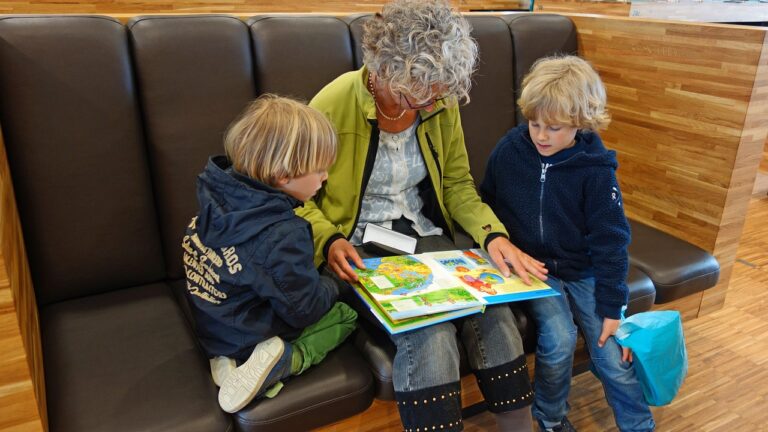Promoting Environmental Education Through Outdoor Learning Experiences: 11xplaylogin, King567 sign up, Skyinplay
11xplaylogin, king567 sign up, skyinplay: Promoting Environmental Education Through Outdoor Learning Experiences
Are you looking for ways to engage students in environmental education in a fun and meaningful way? Outdoor learning experiences can be a fantastic way to promote awareness and appreciation for the environment while providing students with hands-on learning opportunities. In this blog post, we’ll explore the benefits of outdoor learning experiences and provide some practical tips for incorporating them into your curriculum.
Benefits of Outdoor Learning Experiences
1. Connection to Nature: Spending time outdoors allows students to connect with nature in a way that is impossible in a traditional classroom setting. This connection can foster a greater appreciation for the natural world and inspire students to become stewards of the environment.
2. Hands-On Learning: Outdoor learning experiences provide students with hands-on learning opportunities that can deepen their understanding of environmental concepts. Whether they are conducting water quality tests in a nearby stream or identifying plant species in a local park, students can engage with the material in a meaningful and memorable way.
3. Physical Activity: Outdoor learning experiences encourage physical activity and promote health and well-being. By getting students out of the classroom and into nature, you can help them develop a love for physical activity and instill healthy habits that will last a lifetime.
4. Critical Thinking Skills: Outdoor learning experiences require students to think critically and problem-solve in real-world situations. Whether they are navigating a hiking trail or designing a biodiversity survey, students can develop valuable skills that will serve them well in school and beyond.
5. Social and Emotional Development: Outdoor learning experiences can promote social and emotional development by encouraging teamwork, communication, and empathy. Working together to achieve a common goal in a natural setting can foster meaningful connections and promote a sense of community among students.
Practical Tips for Incorporating Outdoor Learning Experiences
1. Plan Ahead: Before taking students outdoors, be sure to plan ahead and consider factors such as weather, safety, and logistics. Make sure you have all the necessary equipment and permissions in place before heading out.
2. Integrate Curriculum: Incorporate outdoor learning experiences into your curriculum by identifying relevant topics and objectives that can be explored in a natural setting. Whether you are teaching about ecosystems, climate change, or conservation, there are countless opportunities to take learning outdoors.
3. Provide Guidance: When taking students outdoors, be sure to provide clear instructions and guidance to ensure their safety and well-being. Set clear expectations for behavior and ensure that students understand the purpose of the activity.
4. Reflect and Debrief: After returning from an outdoor learning experience, take time to reflect and debrief with students. Encourage them to share their thoughts and observations and help them make connections between the experience and classroom learning.
5. Make it Fun: Above all, make outdoor learning experiences fun and engaging for students. Incorporate games, hands-on activities, and exploration opportunities to keep students motivated and excited about learning in nature.
FAQs
Q: How can outdoor learning experiences benefit students with diverse learning needs?
A: Outdoor learning experiences can benefit students with diverse learning needs by providing alternative ways to engage with the material, such as hands-on activities, sensory experiences, and real-world applications.
Q: What safety precautions should be taken when conducting outdoor learning experiences?
A: When conducting outdoor learning experiences, it is important to prioritize safety by conducting risk assessments, providing appropriate supervision, and ensuring that students are prepared and equipped for the activity.
Q: How can teachers overcome logistical challenges when incorporating outdoor learning experiences into their curriculum?
A: Teachers can overcome logistical challenges by collaborating with colleagues, seeking support from school administrators, and utilizing community resources to make outdoor learning experiences a reality for their students.
In conclusion, outdoor learning experiences can be a powerful tool for promoting environmental education and fostering a deep appreciation for the natural world. By incorporating hands-on activities, critical thinking opportunities, and connections to curriculum, teachers can engage students in meaningful learning experiences that will positively impact their understanding of the environment for years to come. So, why not take your classroom outdoors and explore the wonders of nature with your students today?







